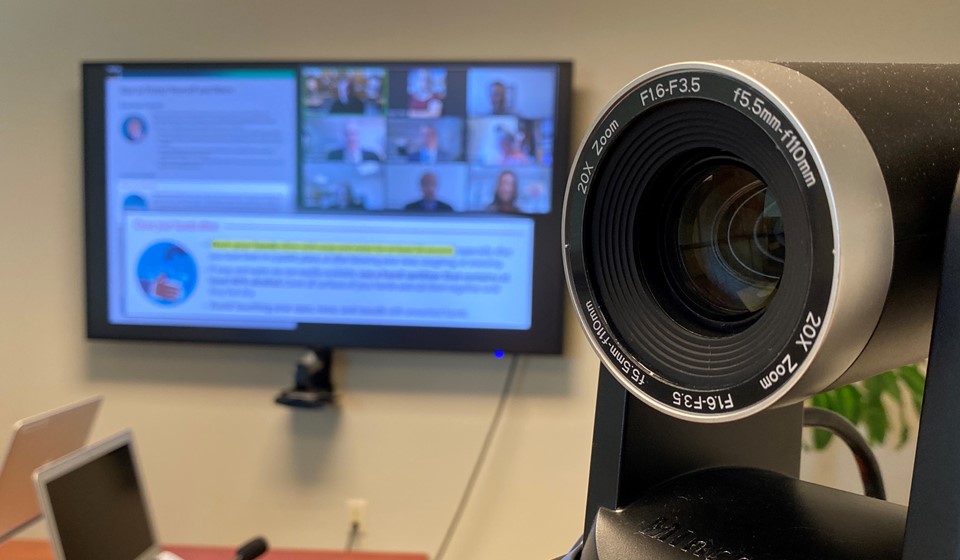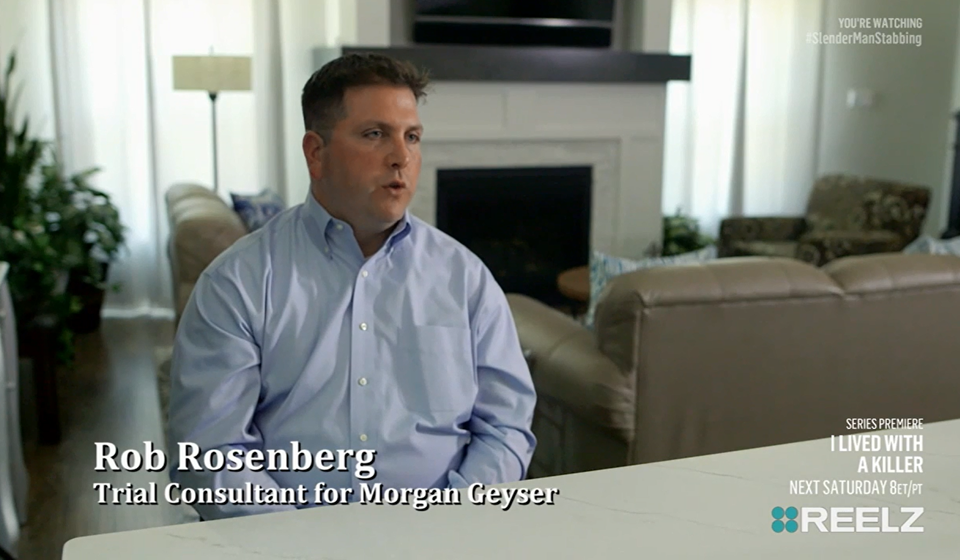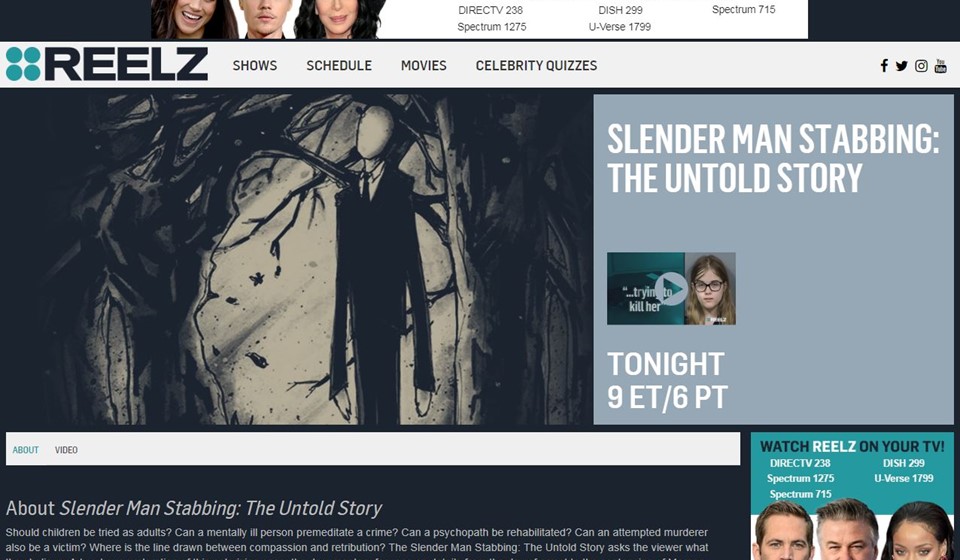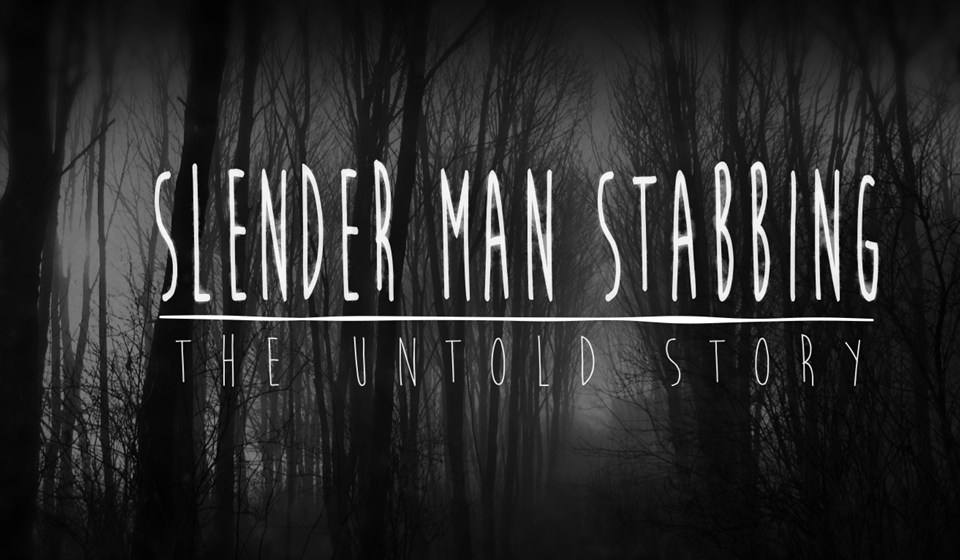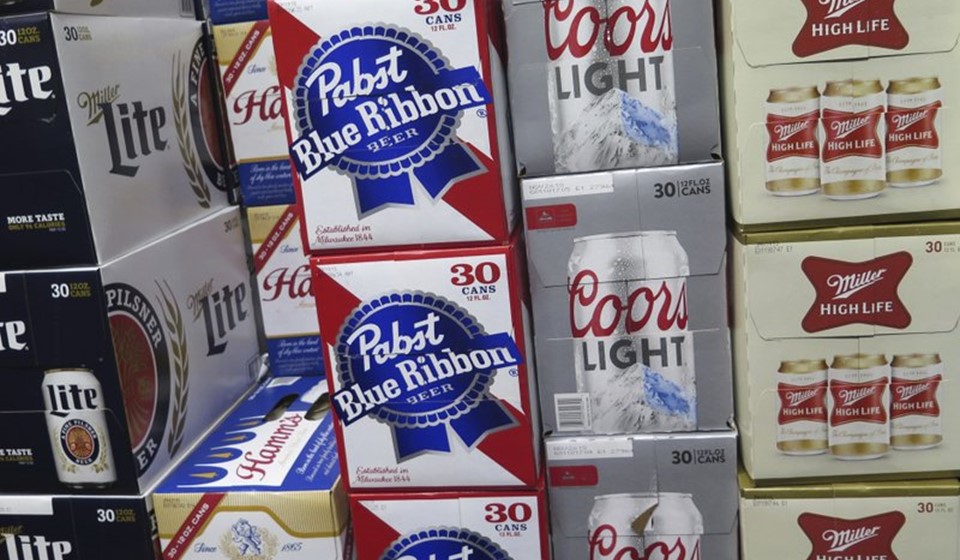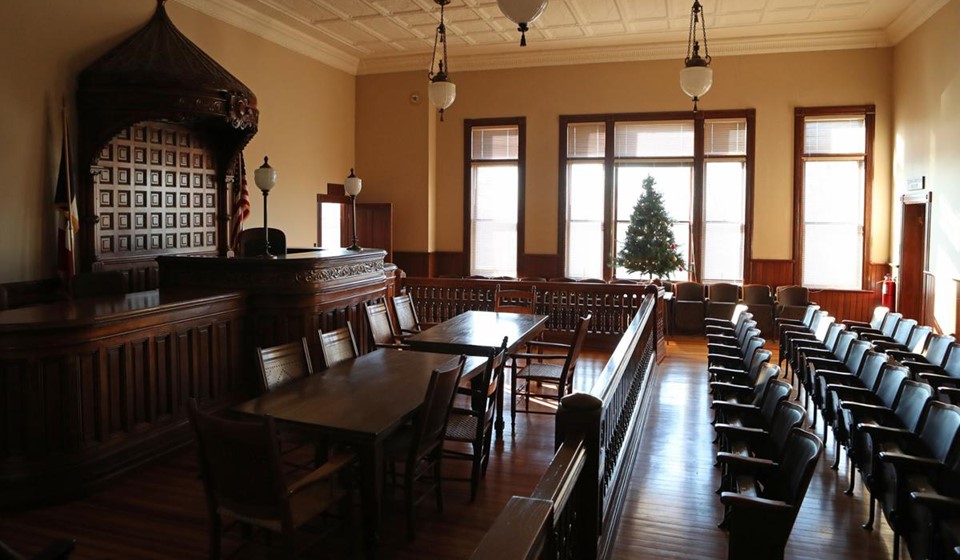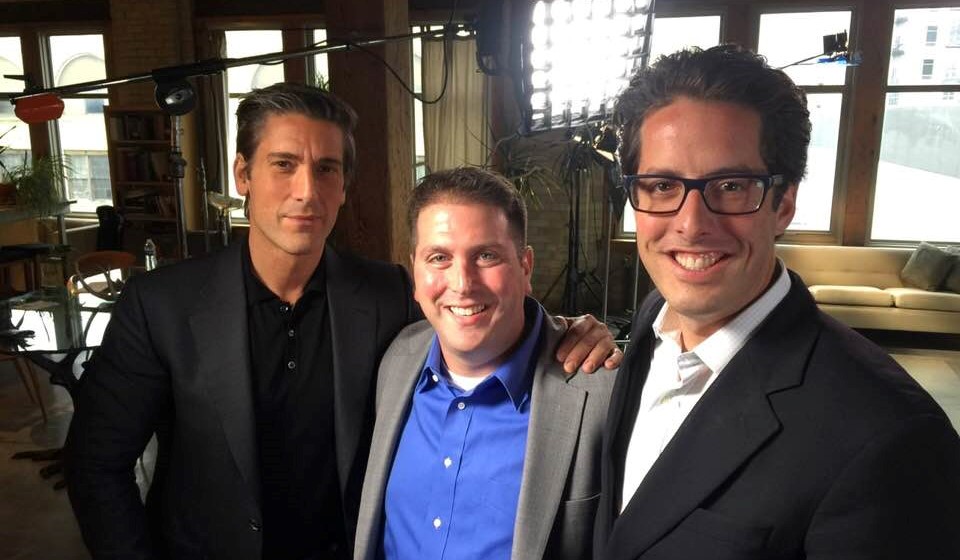Law360 (August 14, 2020, 10:15 PM EDT) — Delaware’s chief federal judge heard opening statements Friday in a bench trial conducted by video conference, concerning one water heater maker’s claims that a rival’s low-emission model infringes its intellectual property.
The trial between plaintiff A.O. Smith Corp. and the defendant Bradford White Corp. appears to be the first fully remote trial conducted by Chief Judge Leonard Stark during the coronavirus pandemic. It is expected to run about one week.
At the start of opening statements, A.O. Smith attorney David A. Bilson of Phillips Goldman McLaughlin & Hall PA gave Judge Stark a brief history of the family-owned hot water heater company, which dates back to 1874.
Bilson then described how California in 2012 tightened emissions standards for water heaters, requiring them to give off “ultra low” levels of nitrogen oxides, or NOx. Even though more efficient, modern water heaters could hit these standards, A.O. Smith discovered that consumers didn’t want to buy them because they required improved ventilation systems, he said.
Bilson said that A.O. Smith inventor Eddie Smith, who has been at the company since 1991, came up with the idea to use components called a power burner and exhaust plenum to create a new water heater that met the California emissions standards but was compatible with conventional exhaust systems.
Bradford White launched its own “ultra low NOx” water heaters in August 2012, Bilson said. But this “U Series” of products didn’t sell, and months later Bradford White applied for its own patent for a water heater that infringes A.O. Smith’s technology and launched its infringing so-called Commander product line in 2014, he continued.
A.O. Smith is seeking a reasonable royalty of $500 per unit sold, Bilson said.
Bilson told Judge Stark that Smith, along with A.O. Smith Chief Technology Officer Robert Heideman and Vice President of Engineering Greg Reynolds, would be testifying to describe the invention.
Bradford White attorney Andrew J. Koopman of RatnerPrestia told Judge Stark during his opening statement that “this case is about a failure of proof.”
Koopman said that A.O. Smith was trying to accuse Bradford White of infringement without actually testing Bradford White’s Commander series water heater, and that testing showed the Commander series doesn’t actually infringe.
Koopman told Judge Stark that A.O. Smith’s experts had failed to use the claims construction he had settled in their testing, and therefore can’t actually say whether Bradford White’s water heaters infringe A.O. Smith’s patent.
Public and press access to the trial is provided via an audio-only phone number, so exactly how the remote video trial was conducted was not apparent.
The proceedings did appear to go off smoothly, with only slight hiccups when, on a couple of occasions, the companies’ attorneys failed to take themselves off mute before trying to speak at the beginning of the day’s proceedings.
The trial comes one month after Judge Stark ordered a postponement in a jury trial originally planned to start this month between Sunoco and Magellan Midstream over gasoline patents, scrapping an earlier experimental plan to have jurors attend in-person with witnesses testifying remotely due to the pandemic.
Judge Stark postponed the trial, which had been scheduled for Aug. 3, after Sunoco Partners Marketing & Terminals LLC requested a postponement, citing increasing COVID-19 cases in Delaware. Magellan Midstream Partners LP, on the other hand, said the case was ready for trial.
The patent-in-suit is U.S. Patent No. 8,375,897.
A.O. Smith is represented by John C. Phillips Jr. and David A. Bilson of Phillips Goldman McLaughlin & Hall PA and S. Edward Sarskas and Kenneth M. Albridge III of Michael Best & Friedrich LLP.
Bradford White is represented by Andrew J. Koopman, Christopher H. Blaszkowski and Benjamin E. Leace of RatnerPrestia.
The case is A.O. Smith Corporation v. Bradford White Corporation, case number 1:18-cv-00412, in the District of Delaware.
–Additional reporting by Sarah Jarvis. Editing by Haylee Pearl.
Originally published at Law 360 on Friday, August 14, 2020
